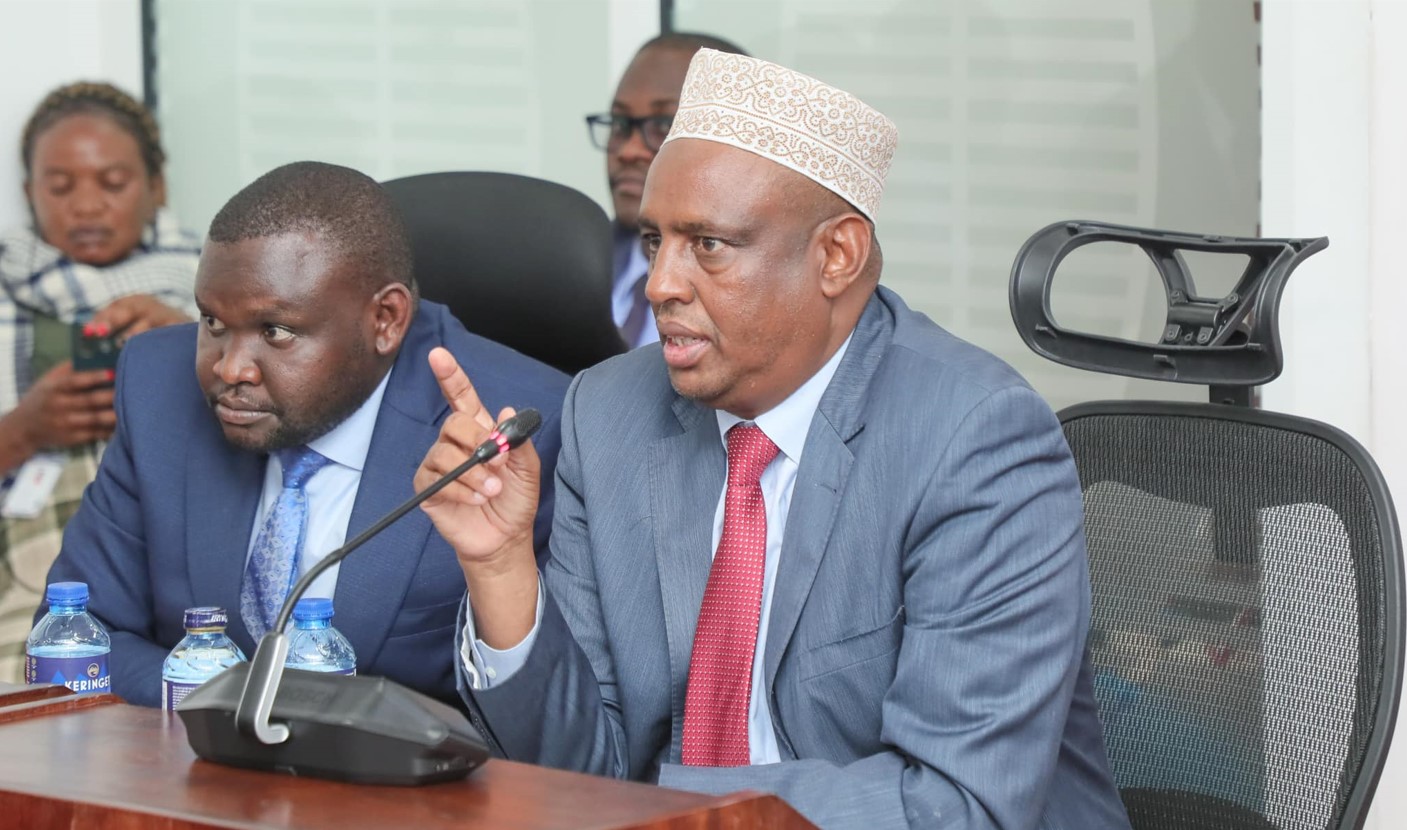Despite restoring ownership of the Lavington property to Kanwal, the court directed him to repay KSh4 million, the outstanding balance from the initial loan, with 12% interest calculated from 19 September 2019.
The Disputed Loan
According to court records, on 17 December 1996, Kanwal and Kenshavji entered into a loan agreement under which the respondent was to lend a total of KSh13 million, payable in three instalments:
• KSh2.5 million on or before execution,
• KSh2.5 million on 31 January 1997,
• KSh8 million on 2 April 1997.
In total, however, only KSh7 million was disbursed to Kanwal:
• KSh2.5 million on 17 December 1996,
• KSh2.5 million on 31 January 1997, and
• KSh2 million on 5 August 1997.
The loan was to be repaid with interest at 36% per annum, payable quarterly in arrears. As security, Kanwal issued two promissory notes of KSh2.5 million each and deposited the title to his property, L.R. No. 209/8192/8, in favour of the lender. The agreement further allowed Kanwal to opt for the third KSh8 million instalment, but only after repaying the earlier amounts. A first legal charge over the suit property would then be executed.
High Court Proceedings
By 25 February 1999, Kanwal had allegedly defaulted on repayments. Kenshavji filed a suit in the High Court, claiming KSh13.8 million plus 36% interest from 1 February 1999. He also sought an order to auction the Lavington property and a personal decree in case the proceeds from the auction fell short.
When Kanwal failed to enter an appearance, judgment was entered against him on 16 September 1999. The court awarded Kenshavji KSh17 million plus interest at 36% per annum from 31 August 1999 until full settlement.
Kenshavji subsequently executed the judgment by attaching Kanwal’s property. He purchased the property himself at a public auction for KSh17 million, obtained an eviction order, and registered the title in his name on 27 September 2006.
Kanwal applied to review the judgment on 16 November 2006, but his application was dismissed the following month. In 2007, he appealed. The Court of Appeal ruled that the dismissal had been unfair, citing an improper exercise of discretion by the High Court, and remitted the matter for retrial.
At the retrial, Kanwal argued that the loan agreement had been entered into under duress and coercion, citing financial distress at the time. He claimed that the interest rates were oppressive, illegal, and that he had repaid KSh3 million. He also alleged that Kenshavji violated the agreement by failing to disburse the full KSh13 million and by failing to execute required documentation. He expressed willingness to repay the balance of KSh4 million.
Kenshavji, in defence, rejected the claims of duress or irregular transfer and maintained that Kanwal had freely accepted the 36% interest rate. He further argued that Kanwal’s claim was barred by the Limitation of Actions Act, as it was filed more than six years after the alleged violation. He contended that the acquisition of the property was lawful and that he had been paying land rates on it.
In September 2019, the High Court dismissed Kanwal’s suit, upheld the sale of the property, and ordered him to vacate within 60 days. Kanwal filed a Notice of Appeal in November 2019, followed by a substantive appeal in May 2023, seeking to overturn the decision.
The Court of Appeal found that the loan agreement had been breached by both parties. It held that the interest rate was exorbitant and that the agreement was unenforceable under principles of equity. The court determined that enforcing the agreement as it stood would amount to unjust enrichment, as it would require Kanwal to repay what it estimated would be KSh69 billion if compounded at the same 36% rate.
The court struck a balance by revoking the respondent’s title to the property and ordering the repayment of KSh4 million with 12% interest, instead of the disputed 36% rate.
[/full]





